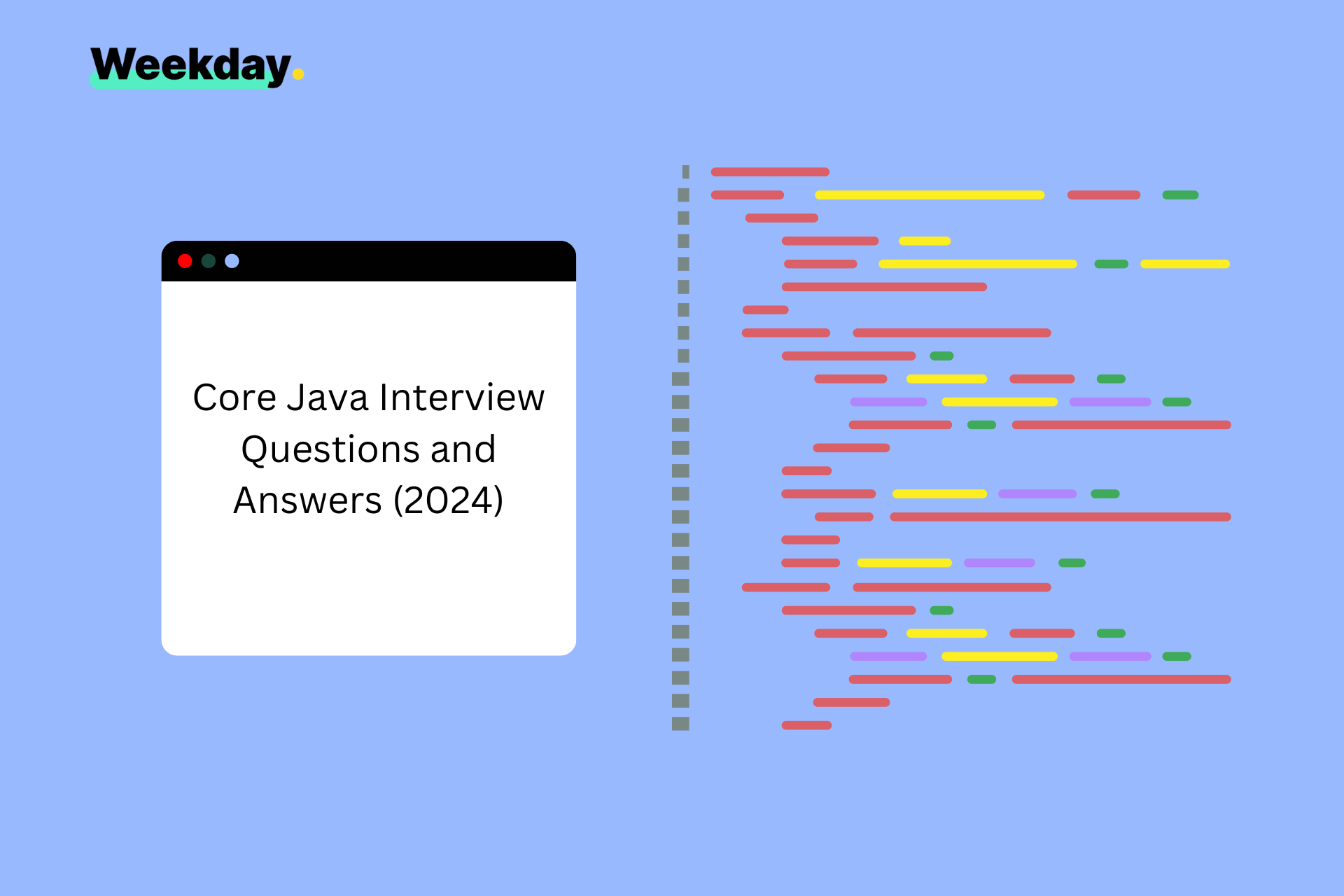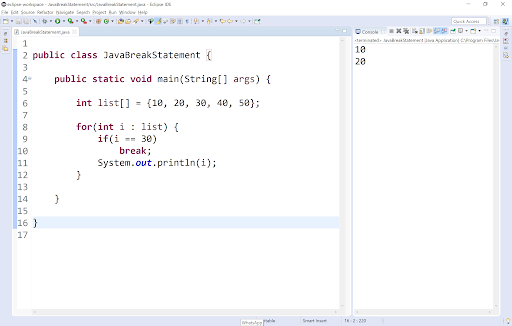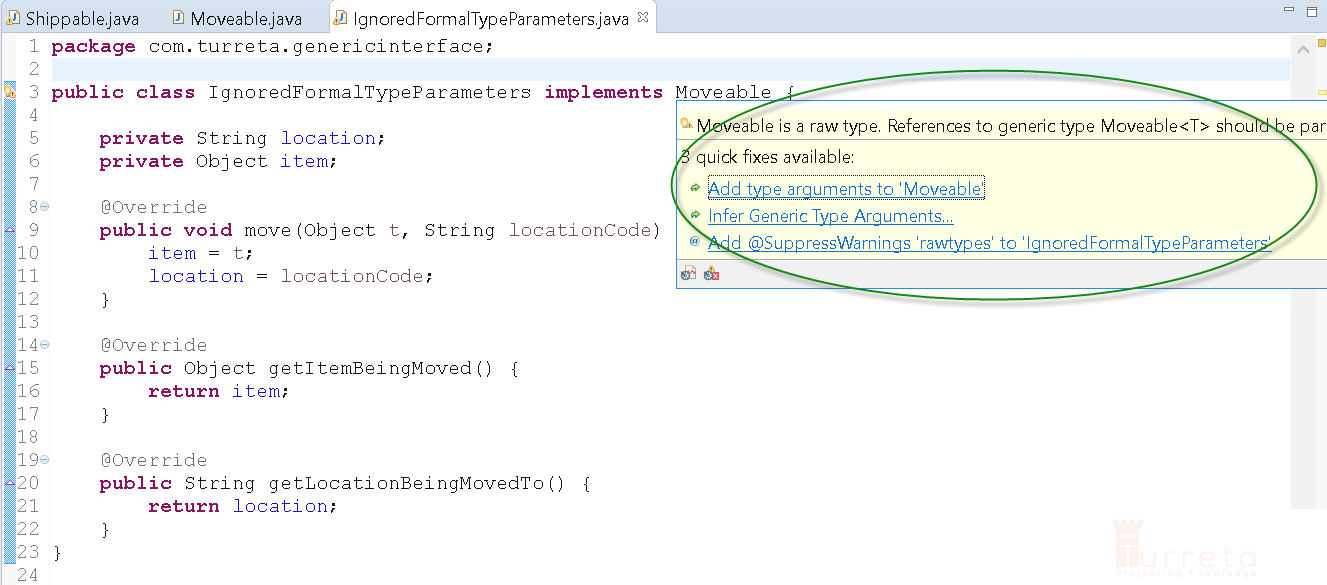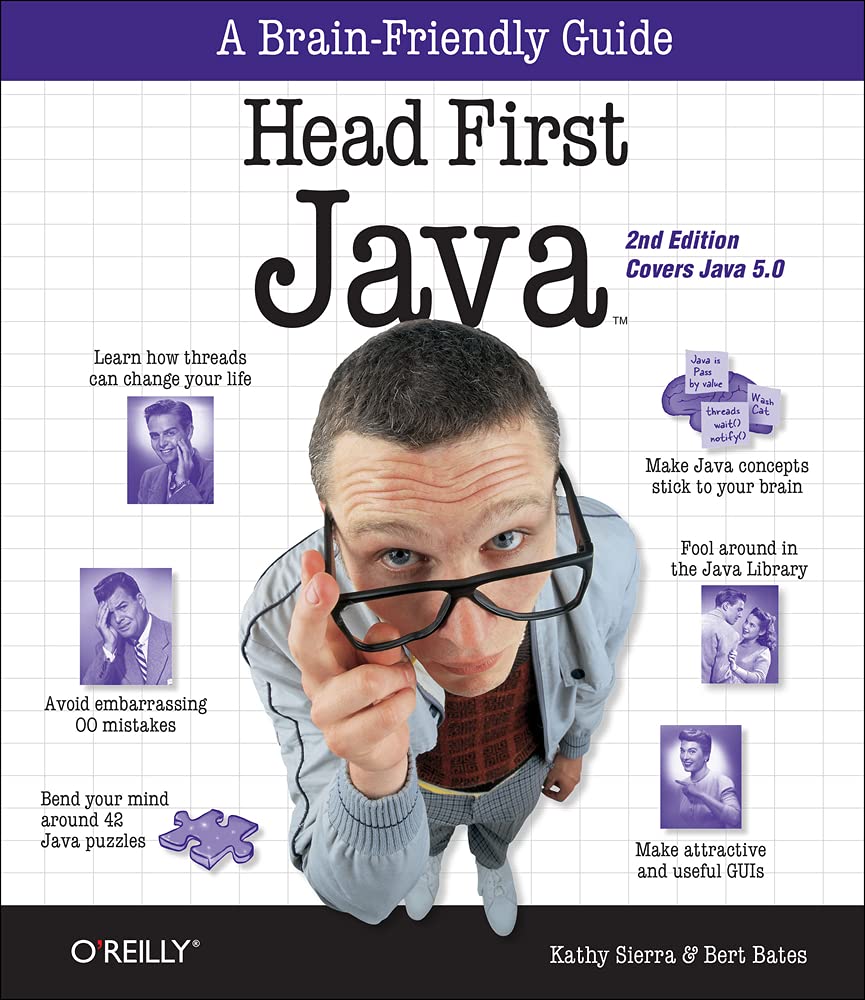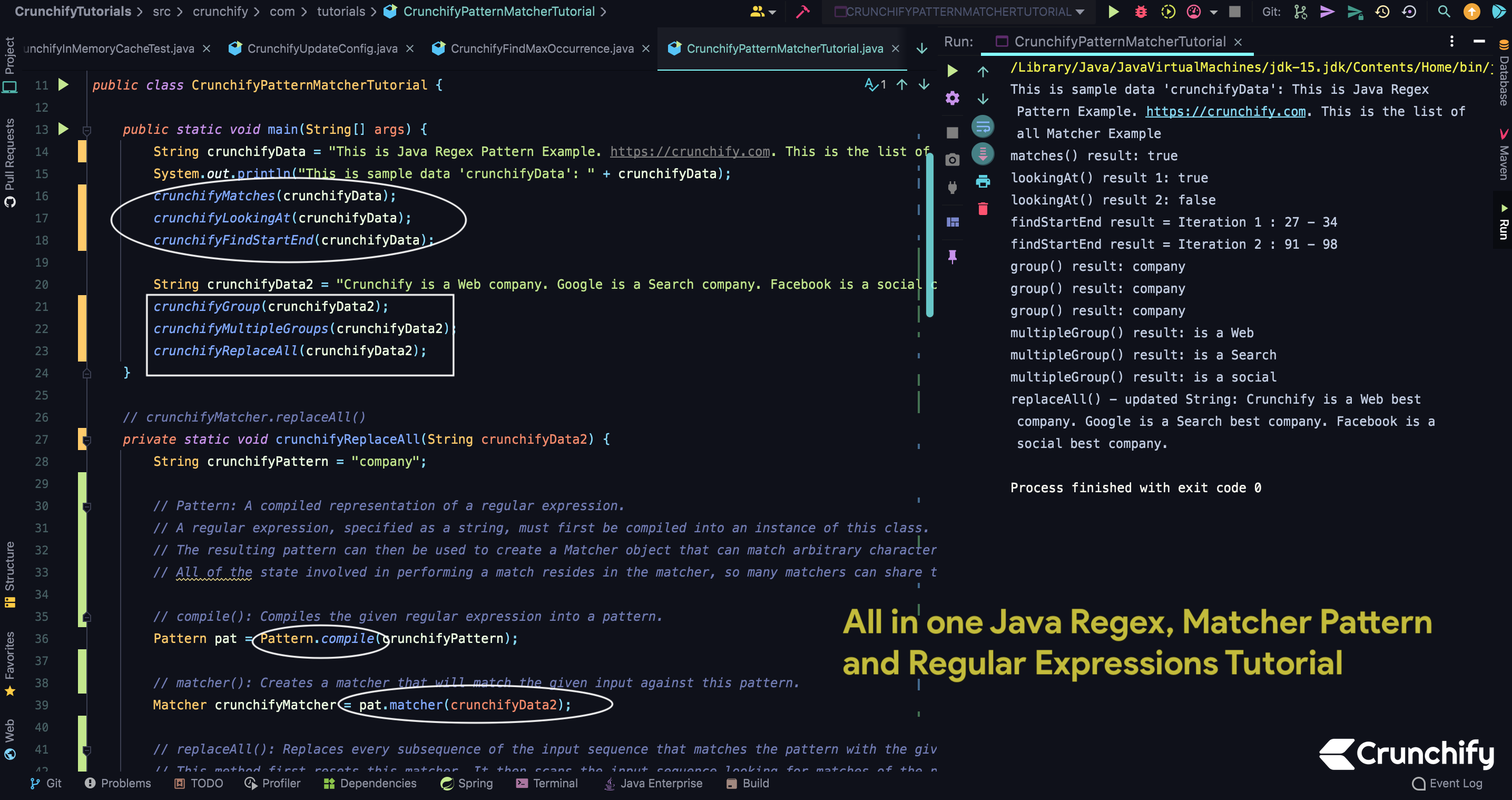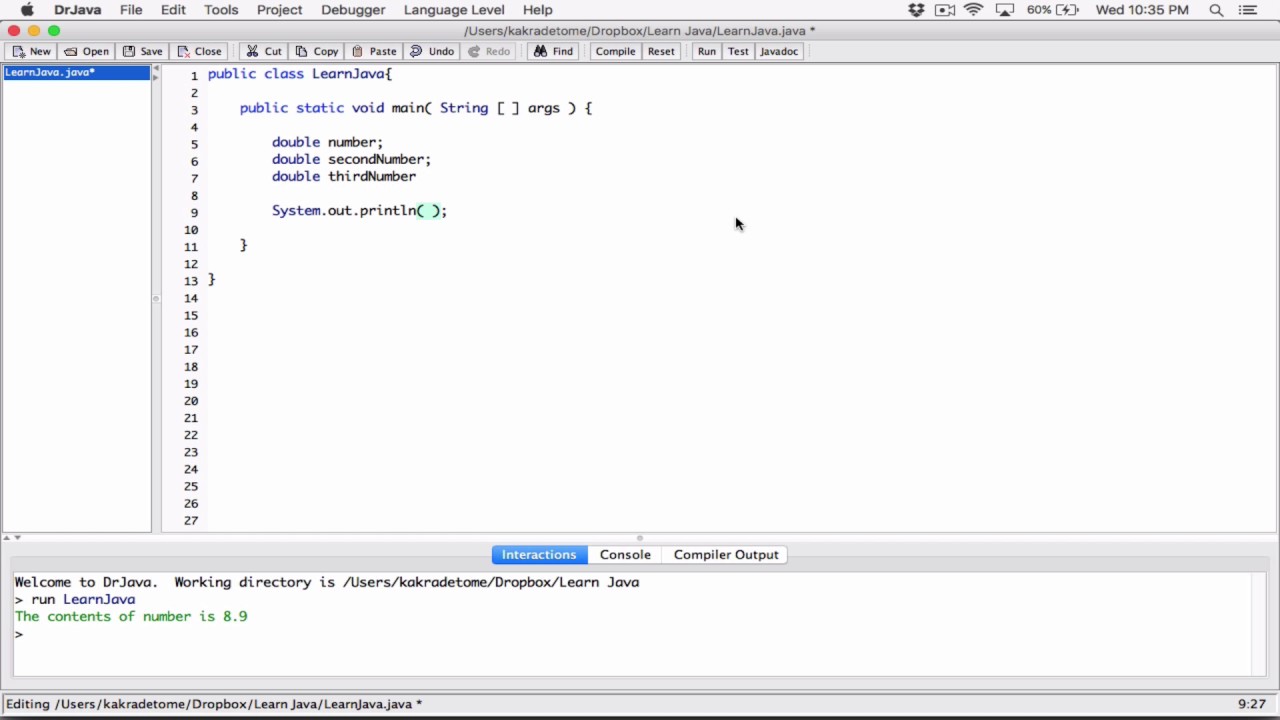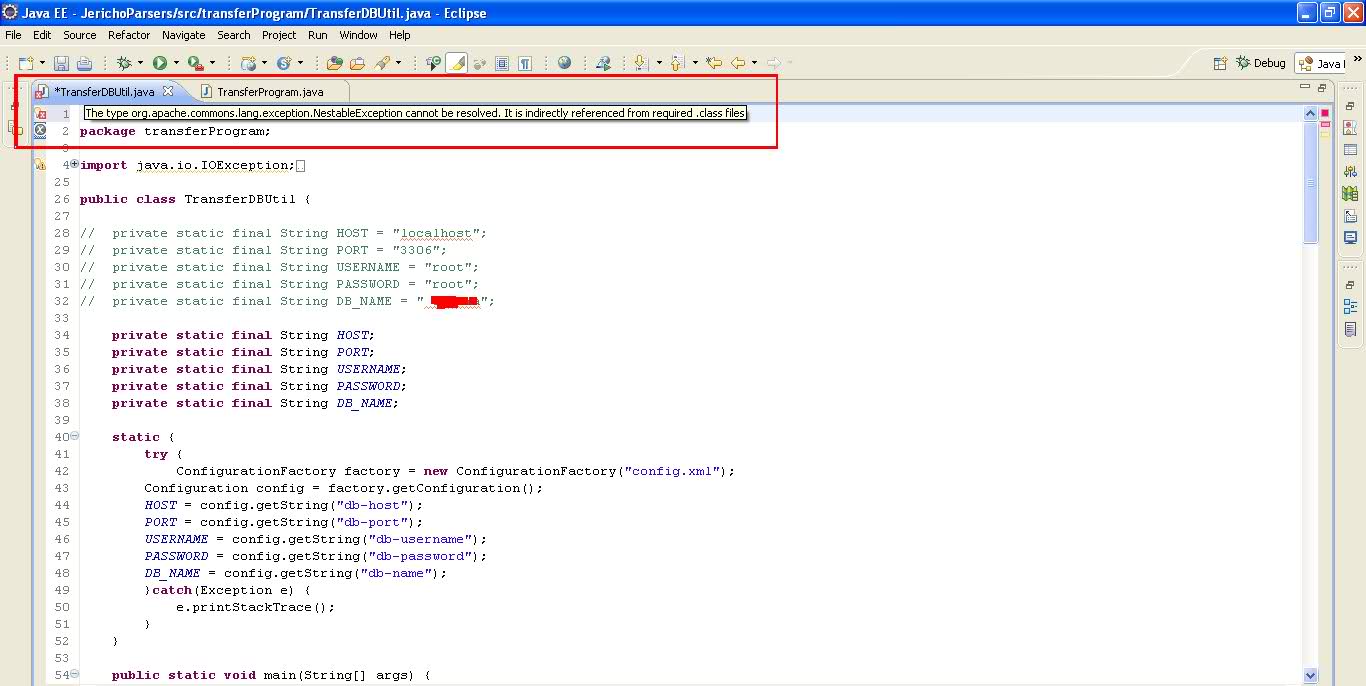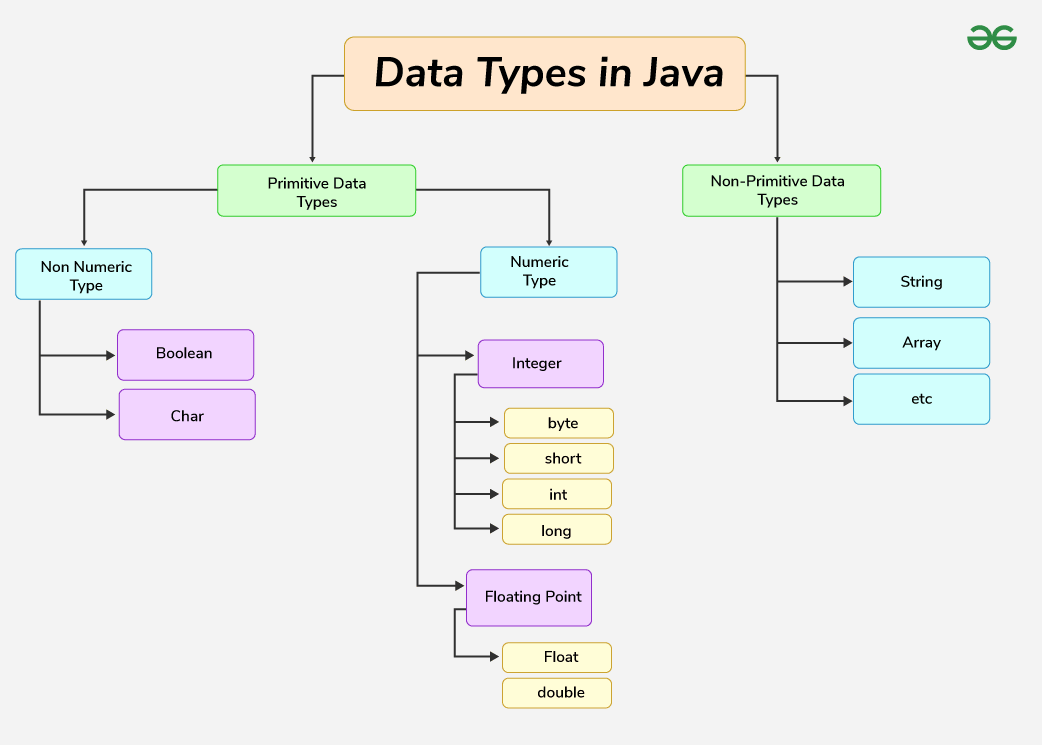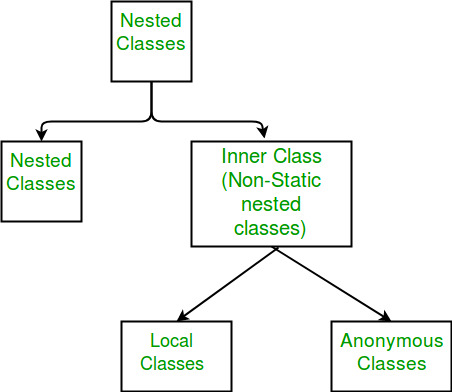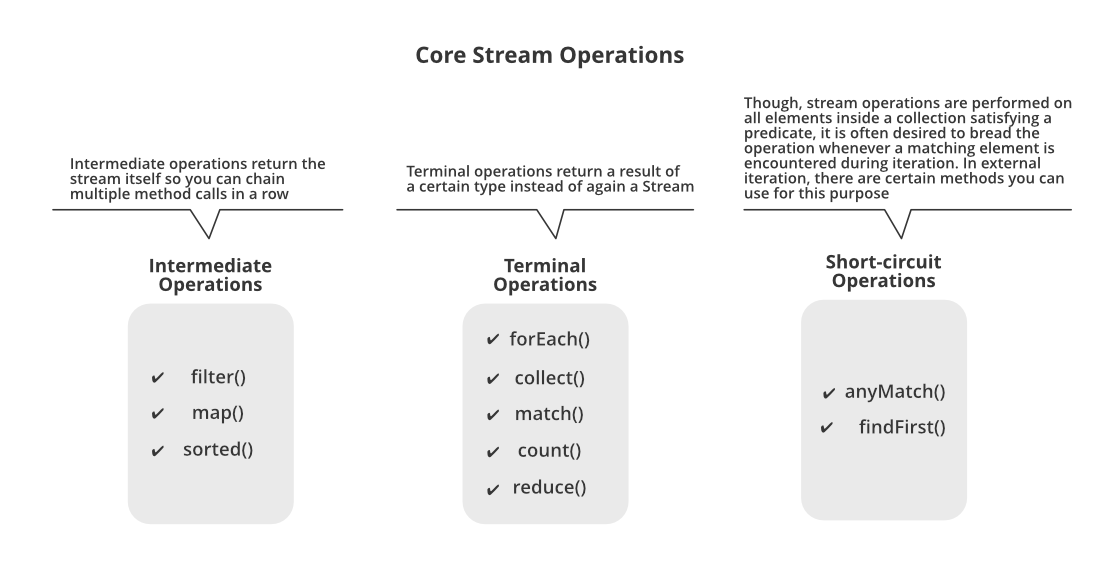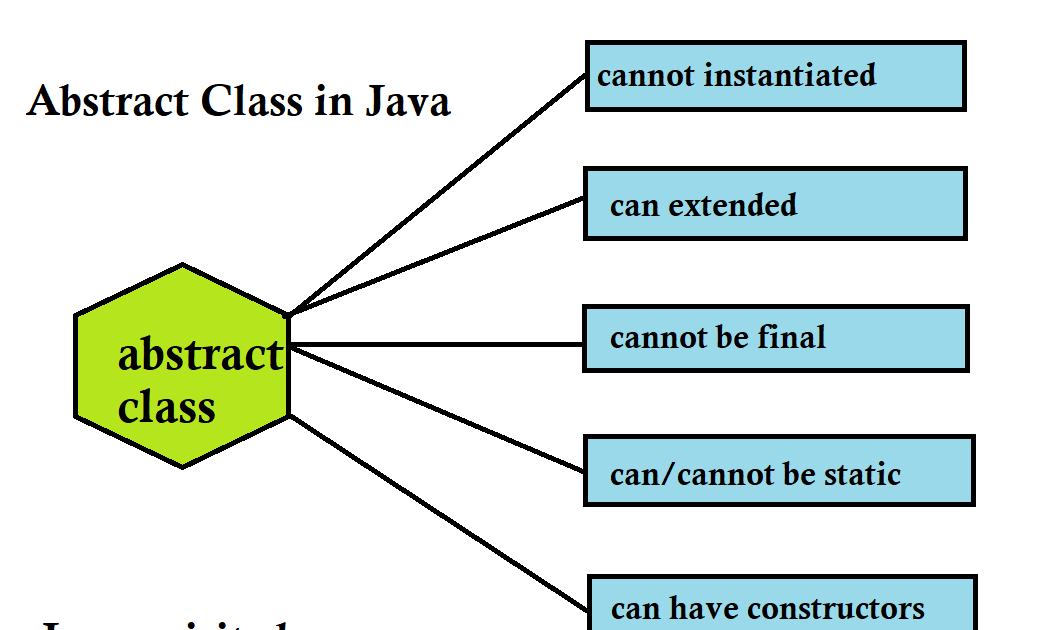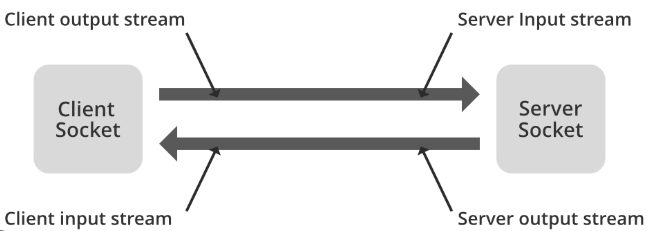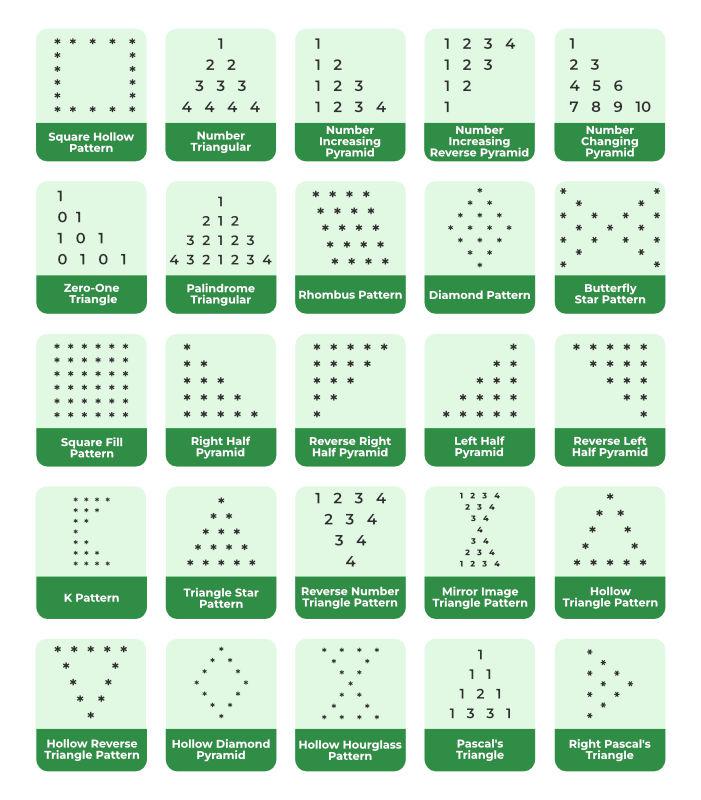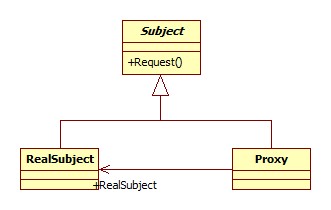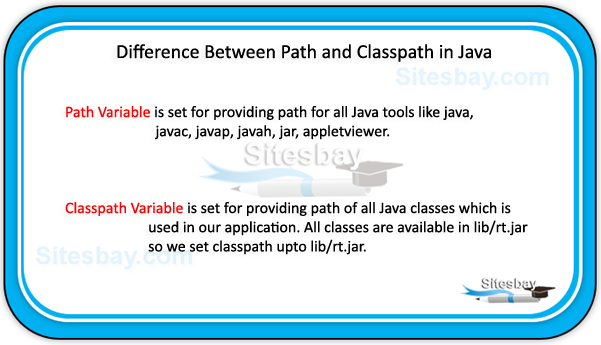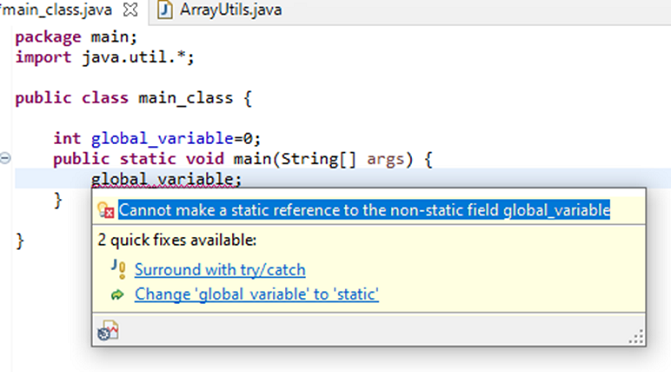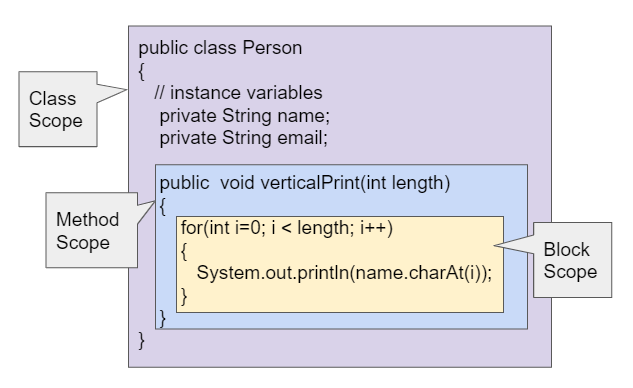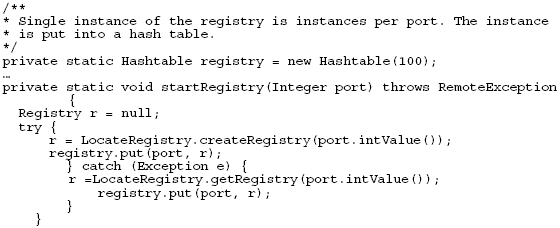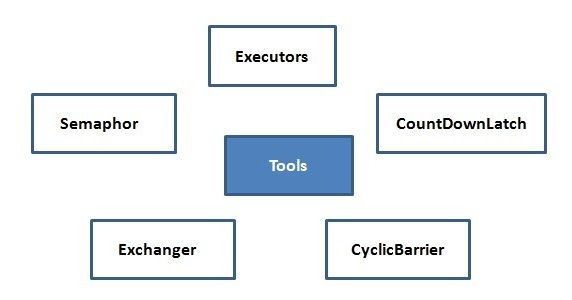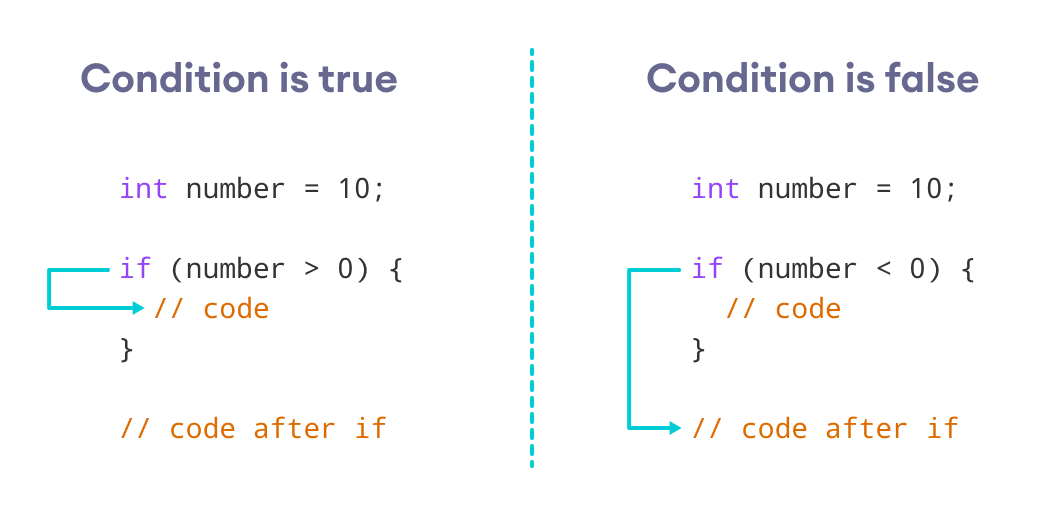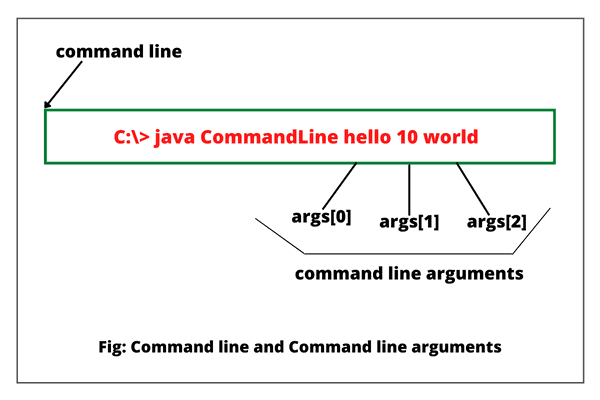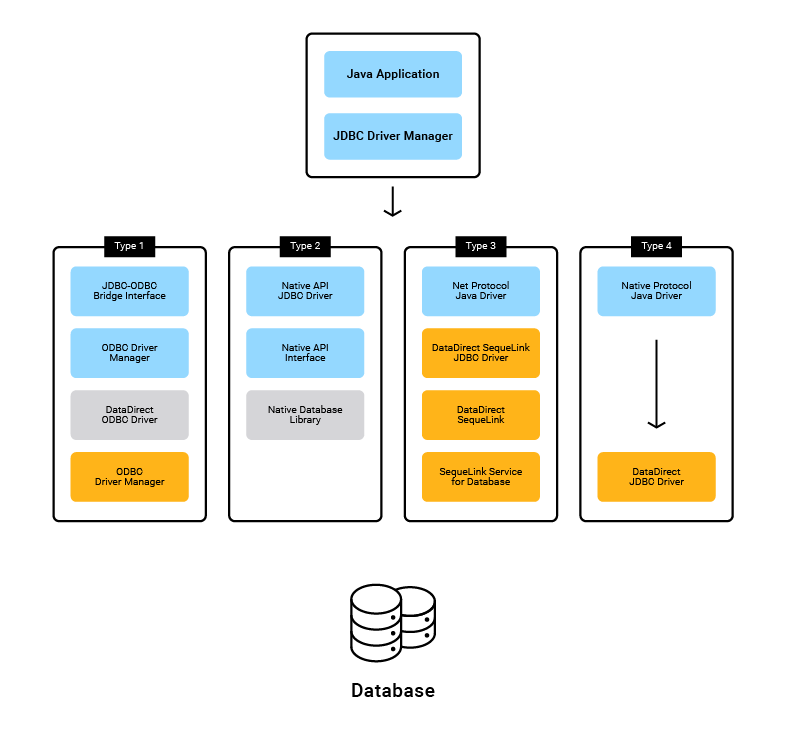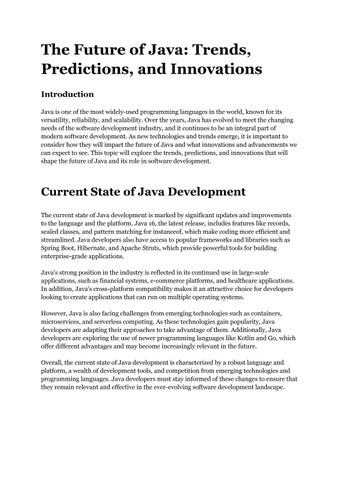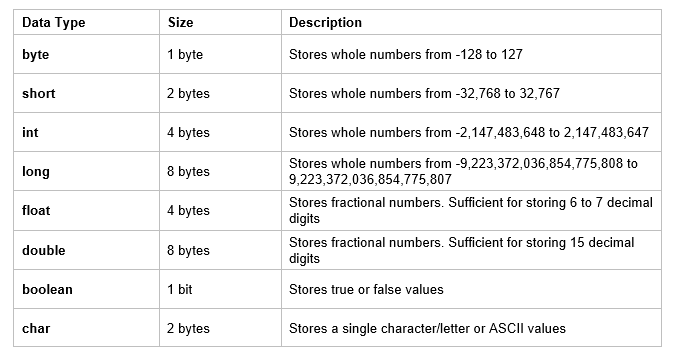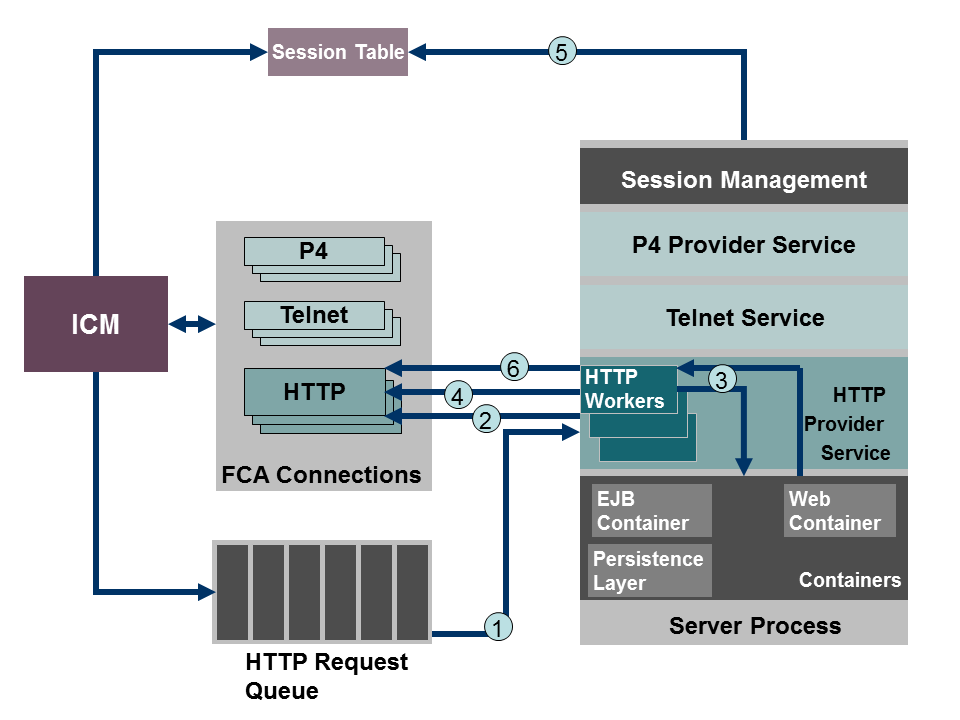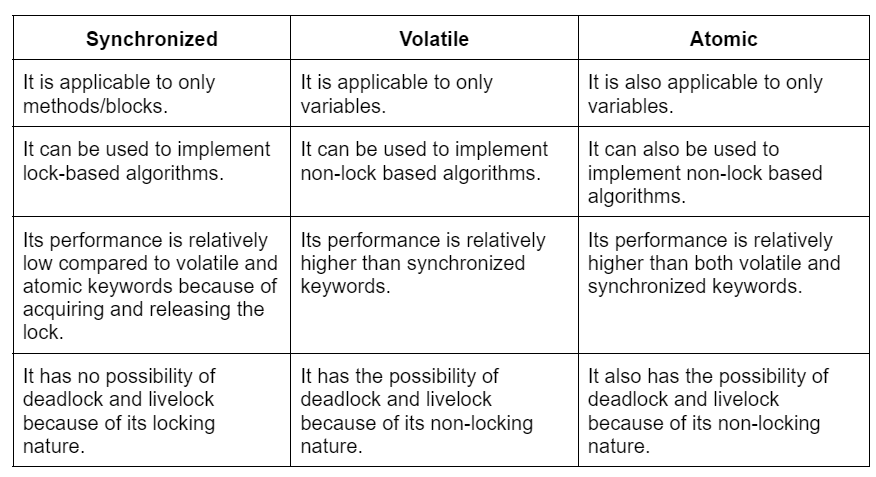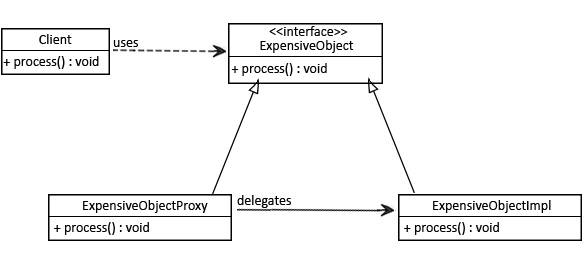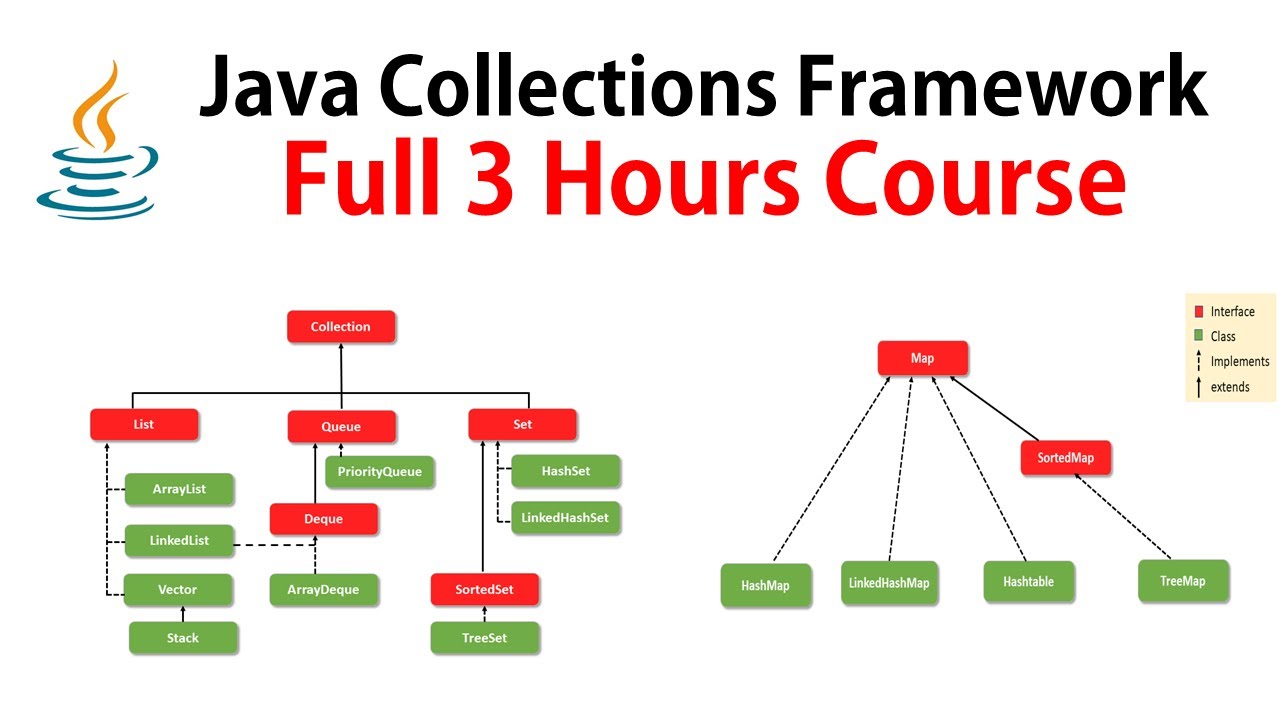Java lambda expressions w3schools
Java lambda expressions w3schools
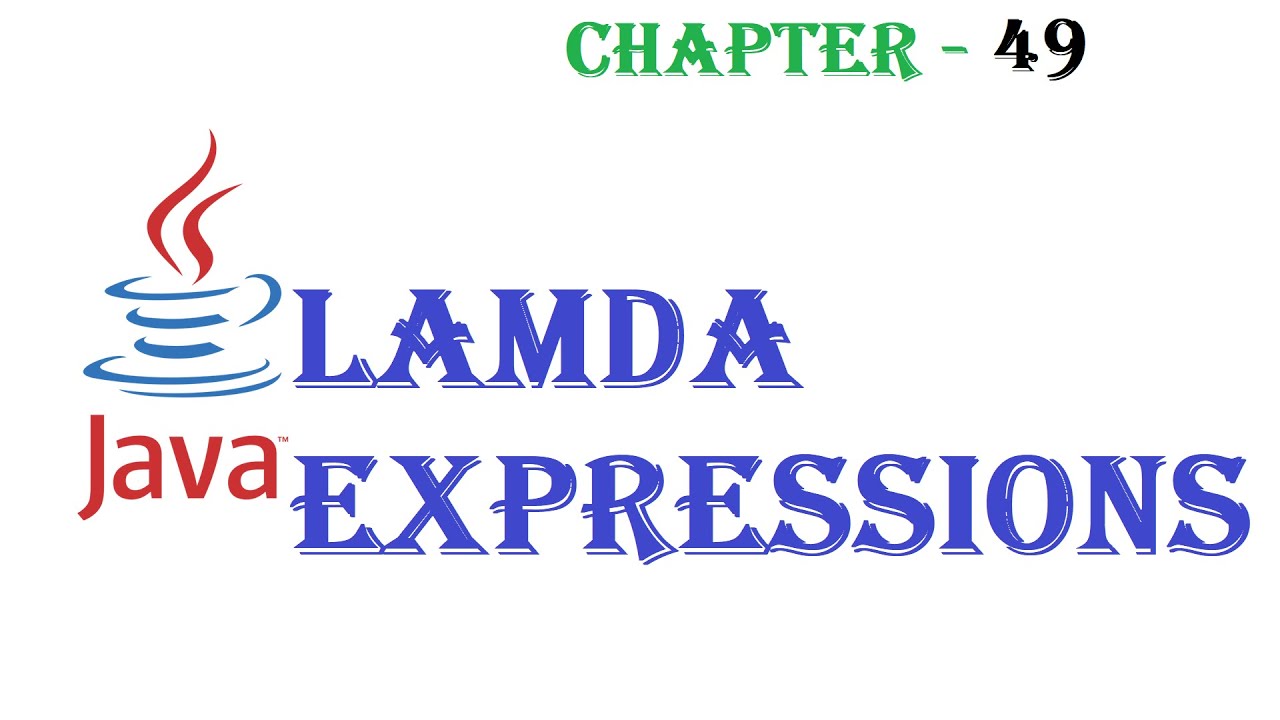
I'm happy to help you with that!
Java Lambda Expressions: A Beginner's Guide

Lambda expressions are a fundamental concept in Java programming, introduced in Java 8. They allow you to create anonymous functions and simplify your code by reducing the need for explicit classes and interfaces.
What is a Lambda Expression?
A lambda expression is an anonymous function that can be passed as an argument to methods, returned from methods, or stored in data structures. It's essentially a small, self-contained piece of code that takes one or more input parameters and returns a value.
The syntax for a lambda expression is:
(input parameters) -> { code }
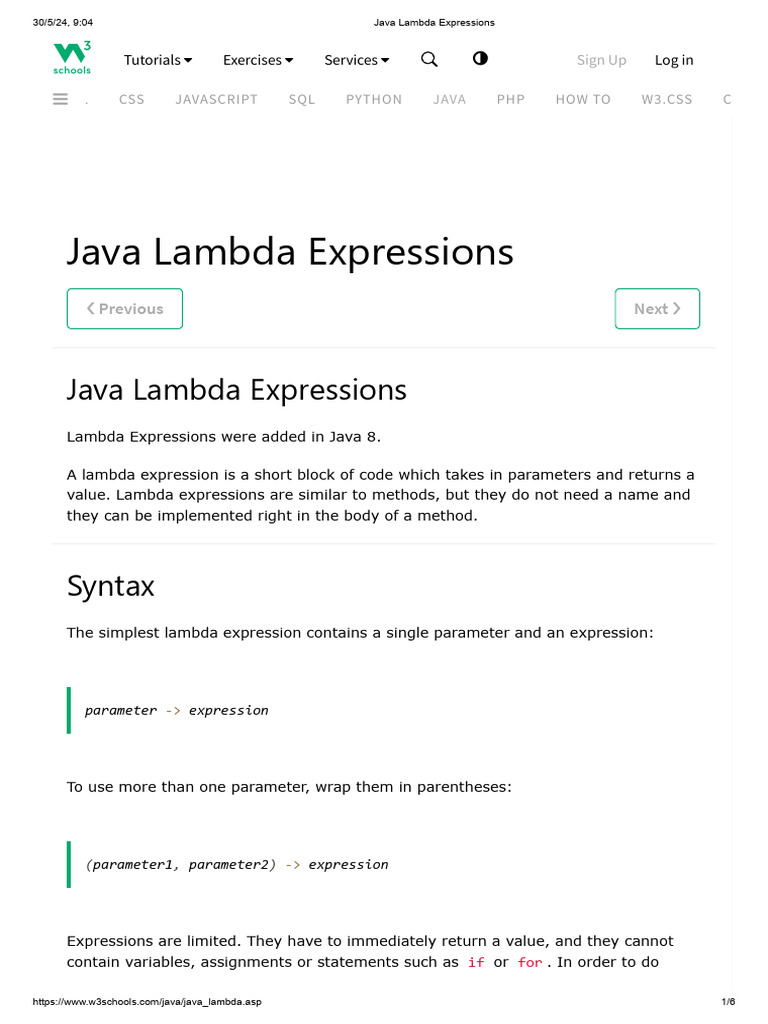
Where:
(input parameters) are the inputs to the function { code } is the code block executed when the lambda is invoked
Example: A Simple Lambda Expression
Here's an example of a simple lambda expression that takes one input parameter and returns its square:
(int x) -> x * x;
This lambda can be used with methods like stream().map() or Arrays.sort(), for instance.
Lambda Expressions vs. Anonymous Inner Classes
Before Java 8, you might have written anonymous inner classes to achieve similar results. For example:
(new Runnable() {public void run() {
System.out.println("Hello World!");
}
}).run();
With lambda expressions, you can write the equivalent code in a much more concise way:
()-> System.out.println("Hello World!");
Advantages of Lambda Expressions
Concise Code: Lambda expressions are shorter and easier to read than anonymous inner classes. Improved Readability: They make your code more readable by reducing the amount of boilerplate code. Flexibility: Lambda expressions can be used with various methods, such asstream().map() or Arrays.sort(). Easier Debugging: With lambda expressions, you can debug your code more easily since the execution flow is more explicit.
Common Use Cases for Lambda Expressions
Stream Processing: Lambda expressions are commonly used with Java 8's Stream API to process data. Event Handling: They're useful for handling events in GUI applications or when working with libraries like JavaFX. Functional Programming: Lambda expressions enable functional programming concepts, such as mapping and filtering data. Concurrent Programming: They can be used to create threads or tasks that execute concurrently.Best Practices for Writing Lambda Expressions
Keep it Simple: Avoid complex logic within your lambda expression. Use the Right Input Parameters: Choose input parameters wisely based on the method's requirements. Consider Code Readability: Make sure your lambda expression is easy to read and understand. Avoid Complex Return Values: Try to keep return values simple and straightforward.Conclusion
Java lambda expressions are a powerful feature that simplifies your code and enables concise, expressive programming. By mastering lambda expressions, you'll improve your productivity, readability, and overall coding experience. W3Schools has an excellent resource on Java Lambda Expressions if you want to learn more!
What is the equivalent of lambda expression in Java?
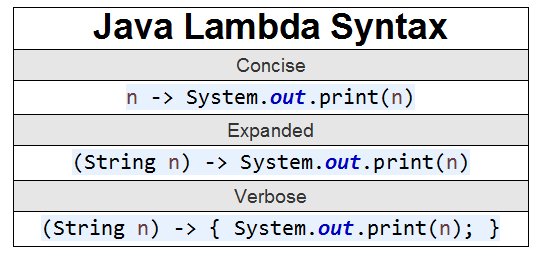
The concept of lambda expressions! In Java, there isn't a direct equivalent to the lambda expressions found in languages like C# or Scala. However, Java 8 introduced a new type of functionality called Method References and Lambda Expressions that can be used to achieve similar results.
In Java 8 and later versions, you can use lambda expressions to create instances of functional interfaces, which are interfaces that have a single abstract method (SAM). These interfaces are designed specifically for functional programming and allow you to treat objects as if they were functions.
Here's an example of how you might use a lambda expression in Java:
public class Main {public static void main(String[] args) {
// Create a lambda expression that takes two integers and returns their sum
ToIntFunction add = (x, y) -> x + y;
// Use the lambda expression to process some data
IntStream.range(1, 5).mapToObj(add::applyAsInt).forEach(System.out::println);
}
}
In this example, we're creating a lambda expression that takes two integers and returns their sum. We then use this lambda expression to process an IntStream of numbers from 1 to 4.
Method References are another type of functionality introduced in Java 8 that can be used to create lambda expressions. A method reference is essentially a shorthand way of creating a lambda expression that references a specific method.
Here's an example of how you might use a method reference:
public class Main {public static void main(String[] args) {
// Create a method reference that takes two strings and returns their concatenation
Function<String, String> concat = this::concatStrings;
// Use the method reference to process some data
List list = Arrays.asList("Hello", " ", "World");
list.stream().map(concat).forEach(System.out::println);
}
private static String concatStrings(String s1, String s2) {
return s1 + s2;
}
}
In this example, we're creating a method reference that takes two strings and returns their concatenation. We then use this method reference to process a List of strings.
While Java doesn't have a direct equivalent to lambda expressions like C# or Scala, the addition of Method References and Lambda Expressions in Java 8 provides a way to achieve similar results. These features can be used to simplify your code, improve readability, and take advantage of functional programming concepts.
In conclusion, while there isn't a direct equivalent to lambda expressions in Java, you can still achieve similar results using Method References and Lambda Expressions introduced in Java 8.
